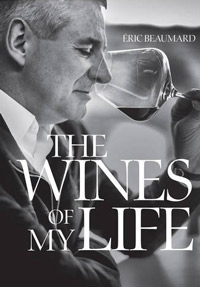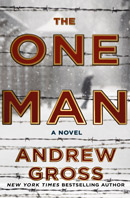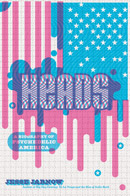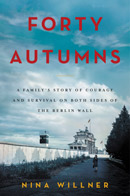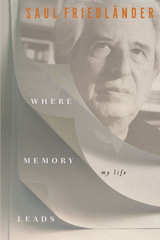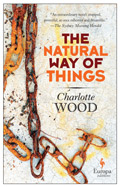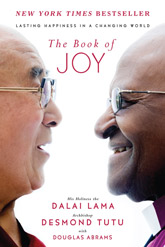 “The Book of Joy,” by the Dalai Lama, Desmond Tutu, and Douglas Abrams
“The Book of Joy,” by the Dalai Lama, Desmond Tutu, and Douglas Abrams
(Avery, pp 356, $26.00)
A major contradiction lies at the heart of Western societies. The constant pressure towards the quest for happiness. It is no secret that the pressure to be happy creates more anxiety than happiness. Tons of books from fields as varied as sociology, psychology or self-help, have attempted to deal with this issue. Often providing short-time relief with Band-aid remedies, which, as their names indicate, never last over time. Even before pre-Socratic thinkers it was known that happiness never comes from achievement or success, or wealth, or even fame for that matter. And yet, our Western societies keep on promoting these values, with disastrous results on its members. Depression, neurosis, feeling of inadequacies, feeding an endless loop of existential FOMO, and so on, abound around us.
“The Book of Joy,” is one of those timeless books that aims at cutting straight through the glut of daily self-pressured drives and bad self-talk. Written by the Desmond Tutu and the Dalai Lama, with Doug Abrams, “The Book of Joy,” details their conversations, which took place over a one-week period in Dharamsala, India. The goal of the book, beyond reuniting the two spiritual leaders, was to teach the world that the quest for happiness is precisely a futile endeavor, because it is ephemeral. They profess instead to rely on joy, at any moment in life. Especially in time of tragedy and great suffering. Both of them are living proofs, having witnessed countless atrocities. “Every tragic situation can become an opportunity.” Abrams who has a strong Eastern interest translates the teaching into accessible lessons. The message is clear and easily absorbed. But like all disciplines, mastery requires a daily practice. No way around it.
